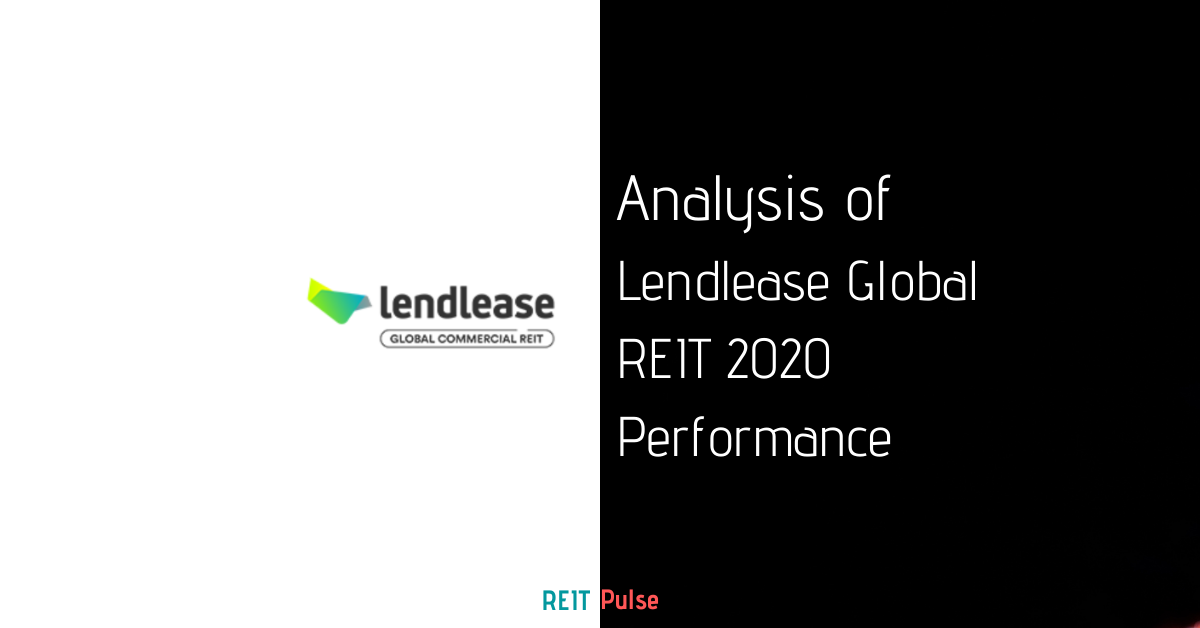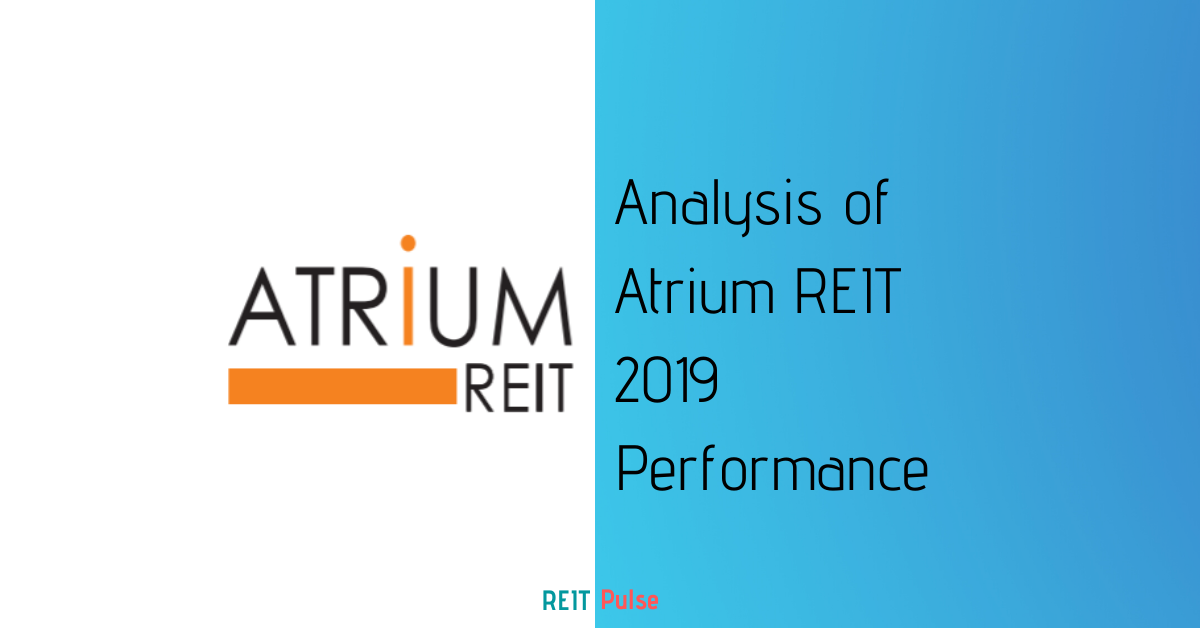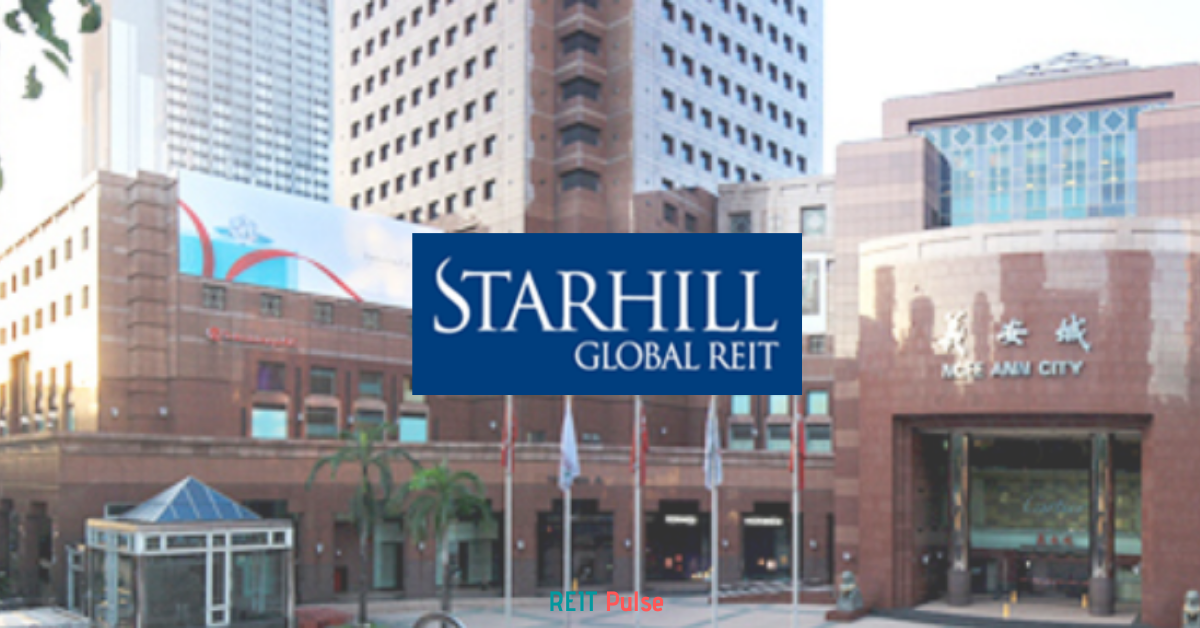
IGB REIT is a retail REIT based in Malaysia known to many. They owned two key retail malls in Central Malaysia being Mid Valley Megamall and The Gardens Mall. Pretty sure many of you would have been there at least once in your lifetime.
As at 31 December 2020, IGB REIT portfolio which comprise of both Midvalley Megamall and The Gardens Mall were valued at MYR 4.96 billion. Since our last post on IGB REIT, there have been a number of events that have happened such as the COVID-19 pandemic. Hence, in this post, we will be diving into IGB REIT FY20 performance to see how it has performed.
Read More: 5 Key Things To Know Of IGB REIT 2019 Performance
1) Decline in occupancy rate of both its properties
| FY19 | FY20 | |
| Mid Valley Megamall | 99.9% | 99.7% |
| The Gardens Mall | 98.9% | 91.8% |
In terms of the occupancy rate of IGB REIT, it comes as no surprise that it has an overall decline. The occupancy rate of Midvalley Megamall slightly declines from 99.9% in FY19 to 99.7% in FY20. Gardens Mall on the other hand recorded a decline from 98.9% in FY19 to 91.8% in FY20. This is fairly in line with the overall contraction in the retail sector which is a sector that is hardest hit by the COVID-19 pandemic.
Based on the Malaysian Retail Industry Report in November 2020, the overall retail industry shrank by 18.4% in the first 9 months as compared to the same period 1 year ago. With the implementation of the movement control order, most retail tenants were forced to close. Even with the gradual reopening, Malaysians are encouraged to work from home and hence this resulted in a significant decline in transactions.
Apart from the general retail sector sentiment, IGB REIT lost Robinson which is a huge anchor tenant during the year. This is due to their announcement to close down both its Malaysia and Singapore stores.
2) Reliance on a number of anchor tenants but no single tenant account for more than 10% of the gross rental income
As per the management, no single tenant accounts for more than 10% of the total gross rental income. However, they do rely on a few major and anchor tenants. Although no single tenants account for more than 10%, a loss of 10% of gross rental income can still be fairly detrimental to the performance of the REIT. An example of this risk is evident from the closure of Robinson in IGB REIT.
To mitigate that risk, the management actively engaged the tenants to discuss on forward renewals and also through the spreading out the lease expiry of the tenants.
3) Approximately 20% decline in net property income in FY20
| MYR in 000s | FY19 | FY20 |
| Revenue | 552,132 | 465,239 |
| – Mid Valley Megamall | 386,850 | 322,554 |
| – The Gardens Mall | 165,282 | 142,685 |
| Net Property Income | 398,786 | 316,678 |
| – Mid Valley Megamall | 294,941 | 231,595 |
| – The Gardens Mall | 103,845 | 85,083 |
Looking at its financial performance, both their revenue and net property income has declined overall. This comes to no surprise given the uncertainty of the COVID-19 pandemic and the adverse impact on the retail sector. The decline in overall occupancy rate is an indicator of a decline in financial performance. Overall, the net property income has declined from MYR 398.8 million in FY19 to MYR 316.7 million in FY20 where both Mid Valley Megamall and The Gardens Mall reported a decline.
Apart from the impact of the drop in occupancy rate, the decrease is also attributable to the rental support provided to tenants and lower car park income recorded.
4) Declined in distribution per unit from 9.16 cents in FY19 to 6.75 cents in FY20
In line with the decline in financial performance, IGB REIT has also reported an overall decline in distribution per unit from 9.16 cents in FY19 to 6.75 cents in FY20. This is attributable to a lower distributable income in FY20 as well as an enlarged share base from the issuance of new units to managers.
5) Healthy gearing level at 26%

As at 31 December 2020, IGB REIT has a total borrowings of MYR 1.2 billion. This translated to a net gearing level of 26% which is still below the permissible limit of 50%. In fact, this is fairly healthy level giving them ample debt headroom for further asset acquisition and enhancement initiatives to further grow their overall performance. In times of uncertainty, IGB REIT would definitely benefit greatly from the healthy gearing level.
Summary
Based on our overall analysis, IGB REIT being predominantly in the retail sector are greatly affected by the COVID-19 pandemic. Historically, IGB REIT has a fairly commendable operational and financial performance. They have taken a hit in FY20 as a result of this uncertainty with a loss of major anchor tenants such as Robinson. The ability for IGB REIT to grow will very much dependent on the overall retail industry growth and its ability to improve its overall occupancy.
What are your thoughts on IGB REIT? If you are just getting started, feel free to read more of our REIT Guide and REIT Analysis. You can also read more about what REITs are if you are new to REITs.
Do join our community over at Facebook and Instagram.





